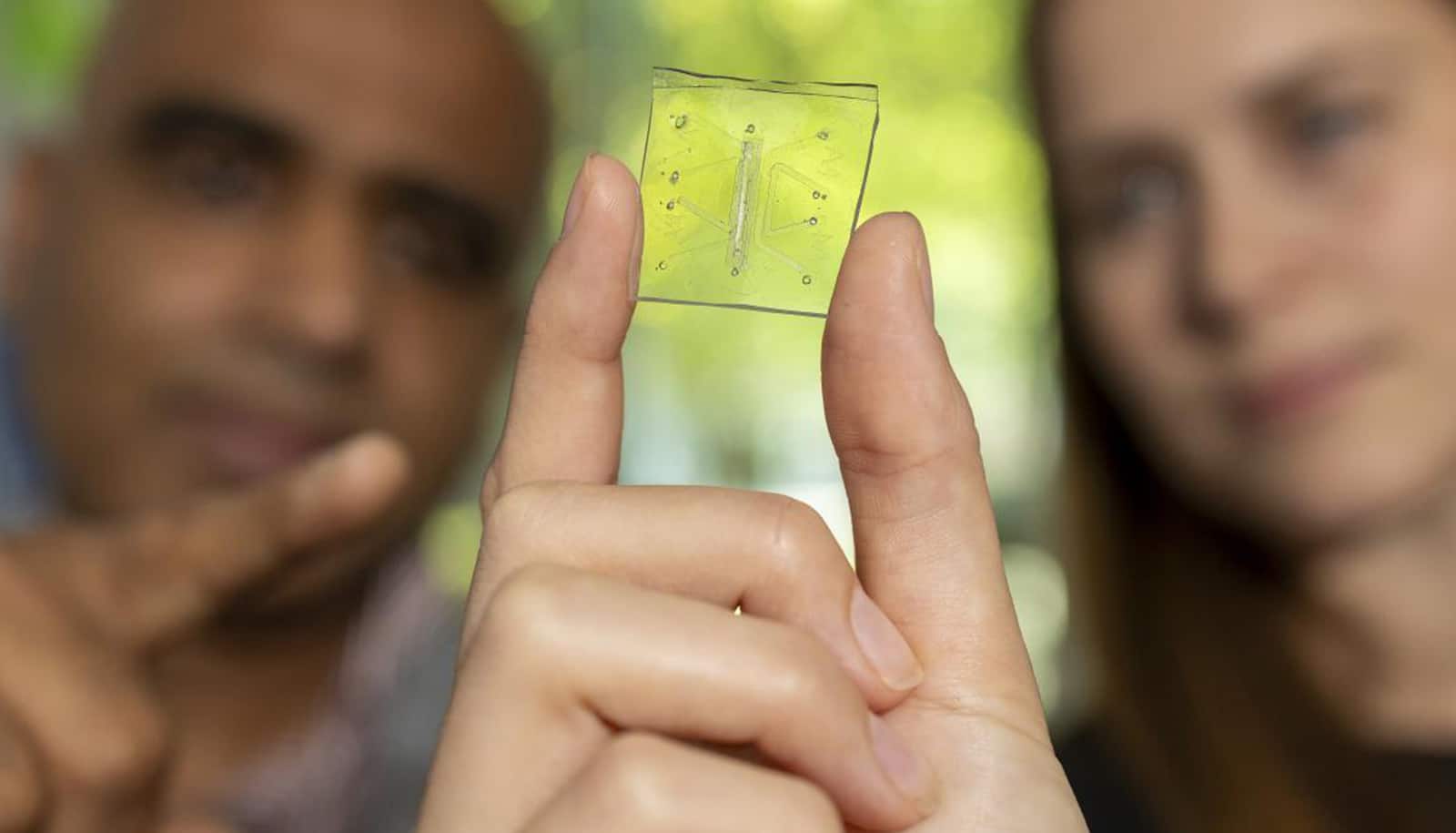Researchers have recently found that a certain protein may have a large influence on how the immune system functions.
POSH, a structural protein, plays a crucial role in signaling T cells from the immune system and directing them toward the correct infected cells to attack. During an immune response, T cells must mature and specialize to fight a specific infection. Without POSH, however, these cells usually don’t survive long enough to complete that process.
“What we see in our models, the mice who have POSH deleted aren’t able to fight off infections as well,” says study author Mark Daniels, an associate professor of molecular microbiology and immunology and surgery at the University of Missouri School of Medicine.
“In addition, when fighting tumor growth, the immune cells can’t replenish themselves as fast as the cancer cells do.”
Since the cells don’t survive long enough, they also don’t become long-term memory cells, which is what “remembers” previous infections. If the body is reinfected, a memory cell can recognize the infection and launch a robust counterattack, often killing the infection before the person experiences any real symptoms.
“Without POSH, the immune system is still able to initially respond, but it’s unable to provide long-term immunity and protection, according to our models,” Daniels says.
“Targeting this protein in therapeutic treatments could benefit patients with autoimmune diseases or blood disorders.”
It may also benefit patients diagnosed with cancers involving T cells, like leukemia or lymphoma. Targeting the POSH protein in cancerous cells could help weaken the disease, or it could be useless—depending on the type of cancer and how it formed in the body.
“We have done some research on what types of cancers and tumors would be susceptible to POSH deletion and what wouldn’t, but we need to conduct far more research to figure out what specific cancers could be targeted,” Daniels says.
One unique feature of the research is that the mice models were developed in-house at Mizzou, with help from an international consortium focused on mapping genetic code. Daniels’s team is currently the only one in the world using these models and hopes they can help move other people’s research forward.
The research appears in Frontiers of Immunology.
Source: University of Missouri



